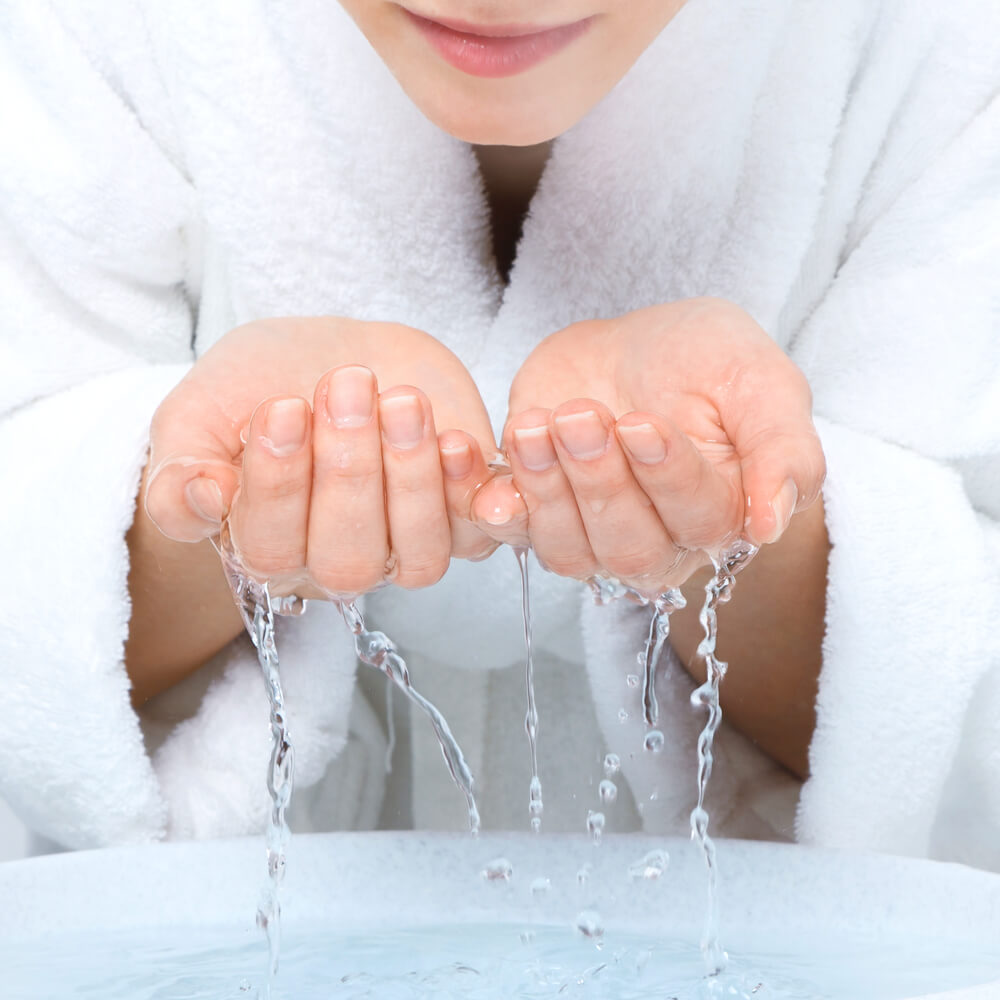 As winter approaches, the freezing temperatures can often damage your water softeners if you do nothing to protect them. When your water pipes freeze, you stand the risk of having them burst, leading to damage to your water treatment equipment. You’ll also have a case of flooding that can cause costly damage to your house or property. Know why you need to winterize your water softener. By taking care of it, it’ll also take care of you. A well-winterized water softener will prevent you from dealing with the combined effects of hard water and harsh weather conditions that may lead to health issues.
As winter approaches, the freezing temperatures can often damage your water softeners if you do nothing to protect them. When your water pipes freeze, you stand the risk of having them burst, leading to damage to your water treatment equipment. You’ll also have a case of flooding that can cause costly damage to your house or property. Know why you need to winterize your water softener. By taking care of it, it’ll also take care of you. A well-winterized water softener will prevent you from dealing with the combined effects of hard water and harsh weather conditions that may lead to health issues.
Why Do You Need a Water Softener?
Water softeners help to eliminate complex water ions from your water, making it soft. These ions include minerals like zinc, magnesium, and iron. If left unchecked, hard water can stain plumbing fixtures, cause foul tastes and odors, or can even effect your pipes. Pipes can rust and create a rusty residue that slows down and clogs your water flow. This clogging may lead to more severe long-term damage if left unchecked.
Hard water also causes dry skin and dry hair, may cause scales on your dishes, and make your fabrics rough. A water softener helps prolong the life of your pipes by removing the hard water molecules from your water supply. Softening your water ensures it’s free from contaminants, making it safe for drinking.
When to Winterize Your Water Softener
When to winterize, your water softener depends on several factors. If you keep the softener in an area that receives sufficient heating and insulation, like the basement, you don’t need to winterize it.
You should consider winterizing it if:
- The unit is in an unheated area with little or no insulation, like the garage
- Your system is in a summer home. It would help if you prepared the softener for winter, as you won’t be physically present to look after it.
- You’ll be away from home for a long time and don’t have anyone to look after the property.
The overall aim is to ensure you take maximum precautions to keep your water softener safe during harsh weather and freezing temperatures. If the system freezes, you risk having pipes burst that may cause flooding. If the area you live in doesn’t experience freezing temperatures, don’t worry about winterizing the system. It’ll still function as it should.
Water Softener Safety Tips
To prevent damage to your water softener during winter, consider:
- Installing insulation: Pick up some insulation material from your local home improvement store to trap heat in the system. Cut it to fit around the pipes and water softener and hold it in place using zip ties. Installing insulation will keep the water temperature above 32 degrees Fahrenheit, preventing a pipe burst.
- Letting the faucet drip: When water stands, it’s likely to freeze. Letting the faucet drip overnight will prevent the pipes from freezing at low temperatures.
- Monitoring your system daily: Monitoring your water softener system every day is the best way to prevent damage. Check for leaks, buildup signs, and drips on cold days to resolve problems quickly before they cause havoc.
Conclusion
Your water softener system plays a crucial role in your home, protecting you from dry skin and hair, amid other issues. The tips above can help you take care of the system. If you have any problem with the system, let experts help you restore it and ensure it’s working perfectly. Contact us for a consultation or appointment to learn more about winterizing your water softener.





